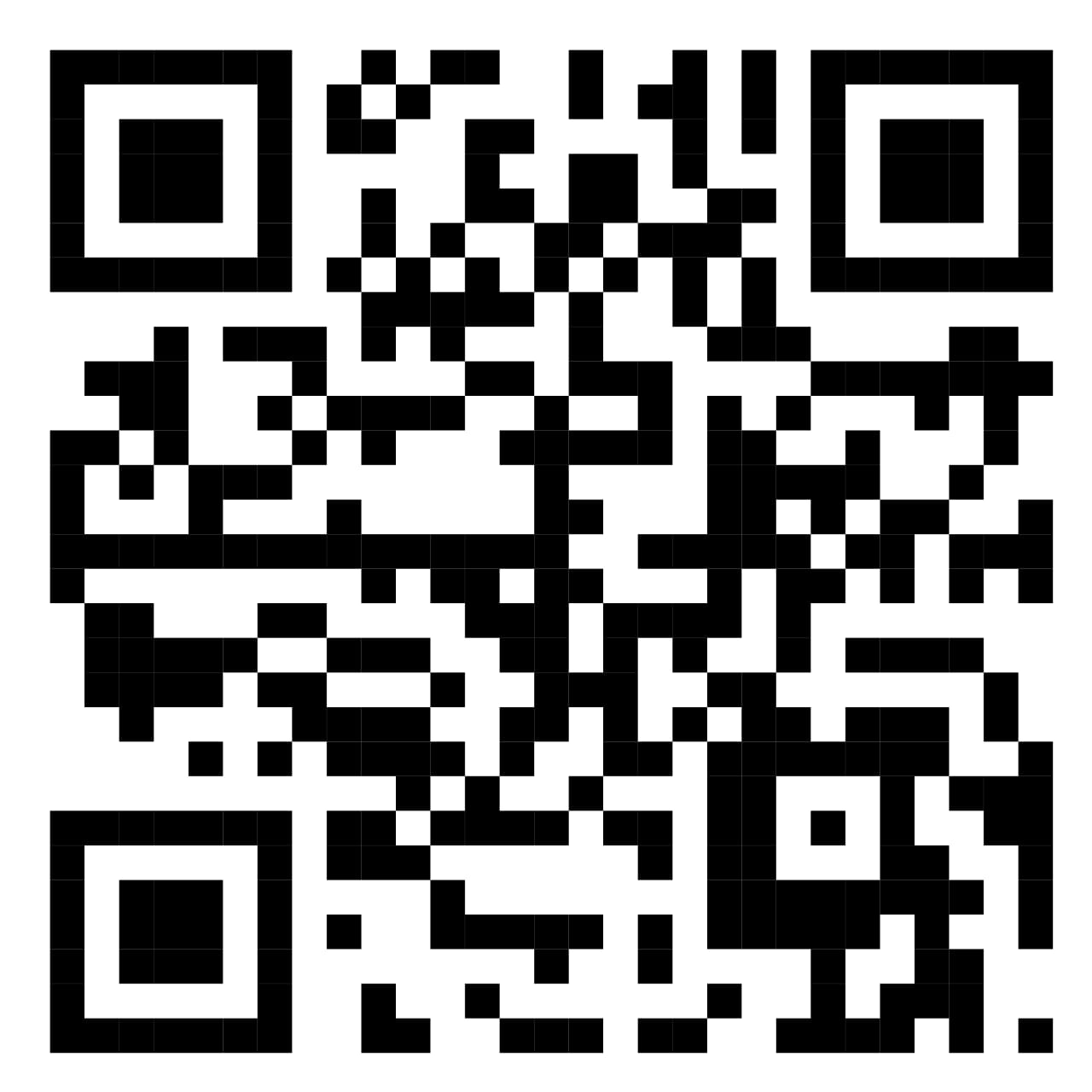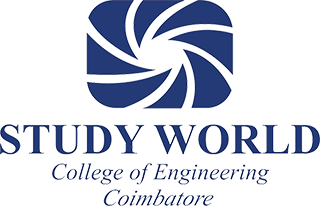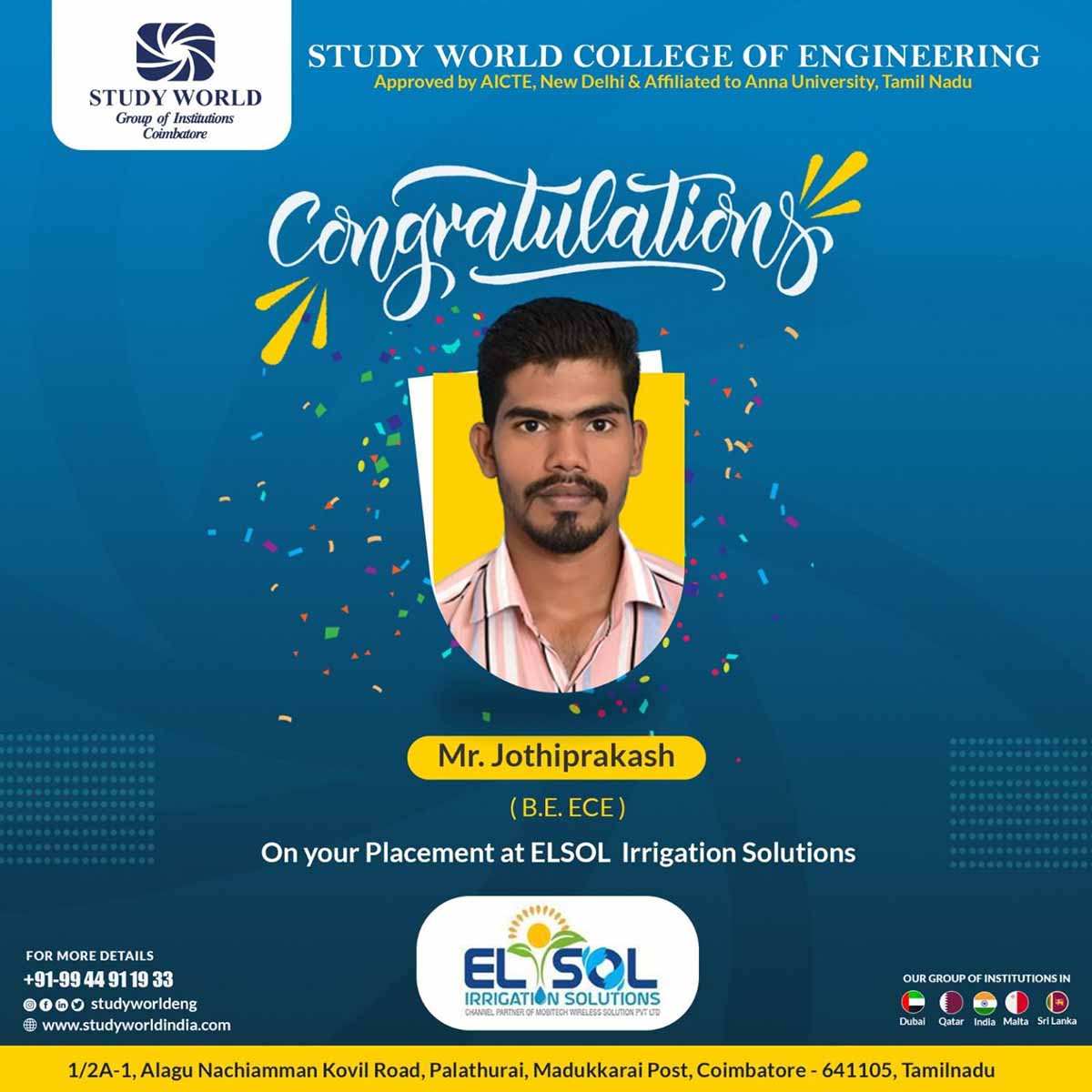Department Of Electrical And Electronics Engineering
To shape graduates who can demonstrate Electrical and Electronics Engineering problem solving skill with proficiency.
To equip EEE Engineers with Communicative Skills and Professional Excellence in Project Management and Execution.
Vision
- To be a leader in developing universally skilful Electrical and Electronics Engineers’ trend-setters, researchers and business people, and to provide value to the knowledge-based economy and society as a result.
Mission
- To teach value based socially committed professionalism in general improvement of under studies and society.
- Encourage technological commercialization by cultivating an entrepreneurial spirit and a link between engineering and business.
- Constantly improve the intellectual engineering approaches used in the delivery of its academic programmes.
- Evolve carefully in response to industry, society, and the evolving world’s requirements.
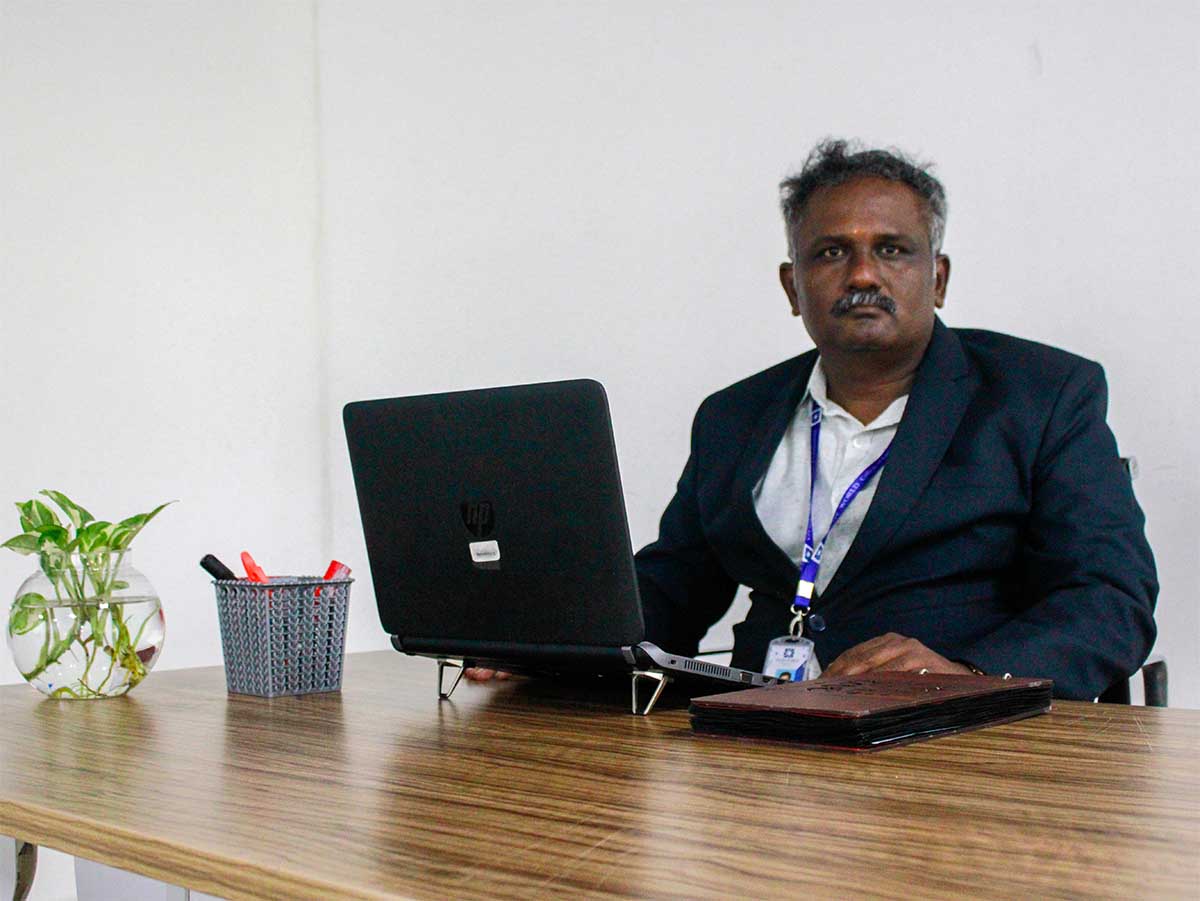
Department of Electrical and Electronics Engineering
“Enthusiasm is the electric current that keeps the engine of life going at top speed”.
EEE is an evergreen department because, the present & future world can’t run without the electricity. So the demand of EEE is more when compare to other branches.
Now-a-days electric vehicles & renewable resources like solar, wind etc are used in our day to day life. Government sectors also provides more job opportunities for electrical engineering.
The students of EEE get an opportunity to contribute to the technology growth & the course itself facilitates new research ideas. It helps them to develop or create an entrepreneur mindset.
Highlights of Electrical Engineer:-
- The electrical engineers are required in the field of robotics, transport, healthcare, construction etc. They are responsible for creating new technologies in industrial areas.
- The demand of electrical engineers in industry side is high because they create & control electrical system with respect to the technology growth. Because of these reasons they offer a high salary packages.
- The electrical engineer get a wonderful job opportunity to create new system which benefits the society.
Ex: smartphones, smart watches, E-vehicles etc.
- In medical field also there are lot of improvements done by electrical engineers which helps diagnose and treat patients quickly & efficiently.
- Electrical engineers get good placement in both hardware (core companies) like Robert Bosch, titan, Tech Mahindra, L&T etc as well as MNC’s like WIPRO, TCS, CTS, Infosys etc with good salary packages. They also get a chance to study in foreign countries.
- “Do it yourself” is one of the technique to get into an electrical engineering. By using the above concept, one can make our own systems and devices instead of searching & buying them.
“ EEE will be the heart of future innovations” So don’t miss to choose EEE department.
Thankyou.
Dr.Selvakumaran S
HOD/EEE
Faculties
| SL.NO | NAME | DEPT. | DESIGNATION |
| 1. | Dr. Selvakumaran S | EEE | Professor |
| 2. | Mr. Lingeshwaran R | EEE | Assistant Professor |
| 3. | Mr. Chandru E | EEE | Assistant Professor |
| 4. | Mrs. Nishalini Delcy J. A | EEE | Assistant Professor |
| 5. | Mr. Ramkumar B | EEE | Assistant Professor |
| 6. | Mrs. Santhiya T | EEE | Assistant Professor |
| 7. | Ms. Anju N | EEE – GE | Assistant Professor |
| 8. | Mr. Pravinkumar N | EEE – GE | Assistant Professor |
| 9. | Ms.Samili D | EEE – GE | Assistant Professor |

Electrical Machines Laboratory
The electrical machines laboratory is equipped with electrical machines such as DC motors (series motor, shunt motor, compound motor), DC generators (series generator, shunt generators, compound generator, AC single phase and three phase motors (induction motors, synchronous motors), alternators (salient pole type and cylindrical rotor type), single phase and three phase transformers. Measuring instruments such as AC/DC Voltmeter, Ammeter, Wattmeter, Power factor meter, Digital Tachometer are available. Electrical Machines Lab II
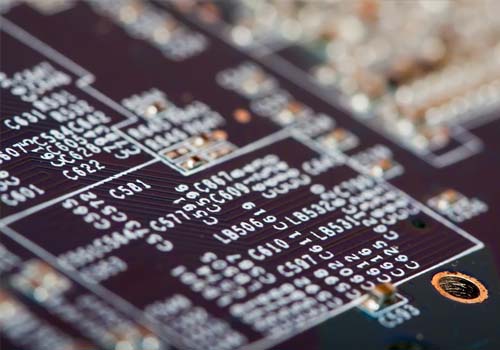
Linear and Digital Integrated Circuits Laboratory
The lab is equiped with experimental kits such as static and dynamic characteristics of power semi conductor devices, Control Rectifiers with various loads, Four Quadrant Choppers, Resonant Converters, Three Phase AC Voltage Regulator. Major Facilities like Inverter fed v/f controlled induction motor, DSP Based induction motor controller and drivers circuits for BLDC motors and SRM motors.

Control and Instrumentation Laboratory
The task of electrical engineers is to design, develop, test and maintain instruments, electronics and computer control systems that are used in the process industry. The control and Instrumentation laboratory combines both hardware and software facilities. The laboratory is equipped with CRO, digital oscilloscopes, various trainer kit, digital multimeters and loading inductor, capacitor, resistive loads and energy meter. The software used in the laboratory is MATLAB 8.6 with the control toolbox. With the help of automation techniques and computer-aided processes, students are instructed to formulate the ways to control the systems. This lab prepares students who seek to enter this stream by providing them with the intricate knowledge to manage and control instruments.

Power Electronics and Drives Laboratory
The Power Electronics Laboratory is equipped for designing, testing of switching analog circuits and simulation. The experiments in the power electronics involve control topologies, integration of switching converters, inverters, soft switching techniques, and three-phase active power filters, power conversion, and so on.

- Modern Electronic Instrumentation
- PCB Designing.
- Electronic Hardware and Troubleshooting
- Wearable Technology
- E vehicle Design for Electronics
- Blockchain Technologies
- Internet of Things
- Artificial Intelligence and Machine Learning
- Emebedded Technologies
- E-Waste Management Systems
- VLSI
- MATLAB
- Companies
- Datascience
one day hands on training on Internet of Things (IoT) using Node MCU & THINGSPEAK was organized on 31st October 2022.
Student Activities
Students of III-EEE has won first prize in the event paper presentation of the National Level technical Symposium held at Nehru Institute of Engineering and Technology.
Students of III-III-EEE has won second prize in the event circuit debugging of the National Level technical Symposium held at Nehru Institute of Engineering and Technology.
Students of III-EEE has won first prize in the event quiz of the National Level technical Symposium held at Nehru Institute of Engineering and Technology.
Engineering Knowledge: Apply the knowledge of mathematics, science, engineering fundamentals and an engineering specialization for the solution of complex engineering problems
Problem analysis: Identify, formulate, research literature, and analyse complex engineering problems reaching substantiated conclusions using first principles of mathematics, natural sciences, and engineering sciences.
Design/development of solutions: Design solutions for complex engineering problems and design system components or processes that meet the specified needs with appropriate consideration for public health and safety, and cultural, societal, and environmental considerations.
Modern tool usage: Create, select, and apply appropriate techniques, resources, and modern engineering and IT tools, including prediction and modelling to complex engineering activities, with an understanding of the limitations.
Conduct investigations of complex problems: Use research-based knowledge and research methods including design of experiments, analysis and interpretation of data, and synthesis of the information to provide valid conclusions
The engineer and society: Apply reasoning informed by the contextual knowledge to assess societal, health, safety, legal, and cultural issues and the consequent responsibilities relevant to the professional engineering practice.
Environment and sustainability: Understand the impact of the professional engineering solutions in societal and environmental contexts, and demonstrate the knowledge of, and need for sustainable development.
Ethics: Apply ethical principles and commit to professional ethics and responsibilities and norms of the engineering practice
Individual and team work: Function effectively as an individual, and as a member or leader in diverse teams, and in multidisciplinary settings
Communication: Communicate effectively on complex engineering activities with the engineering community and with the society at large, such as, being able to comprehend and write effective reports and design documentation, make effective presentations, and give and receive clear instructions
Project management and finance: Demonstrate knowledge and understanding of the engineering and management principles and apply these to one’s own work, as a member and leader in a team, to manage projects and in multidisciplinary environments.
Life-long learning: Recognise the need for, and have the preparation and ability to engage in independent and life-long learning in the broadest context of technological change.
MEMORANDUM OF UNDERSTANDING
- Mas Solar Systems Prs Compressor
- Thulasi Associates
- Uniq Technologies
- Rotary Avinashi East
- Tamilnadu Science Forum
- Netenzaa Innovation Private Limited
- Yardstick Training And Placement Academy
- Over 500 books covering all areas of computer science
- Over 100 back issues of journals
- 200 Reference books are available
- Open over 10 hrs a day
- Reading hall with 20 seating capacity
- Stacking area [over 10 shelves] 200 Sqft.
- The library in charge, in consultation with the head of the department, will design and co-ordinate the rules, regulations and functioning of the department library.
